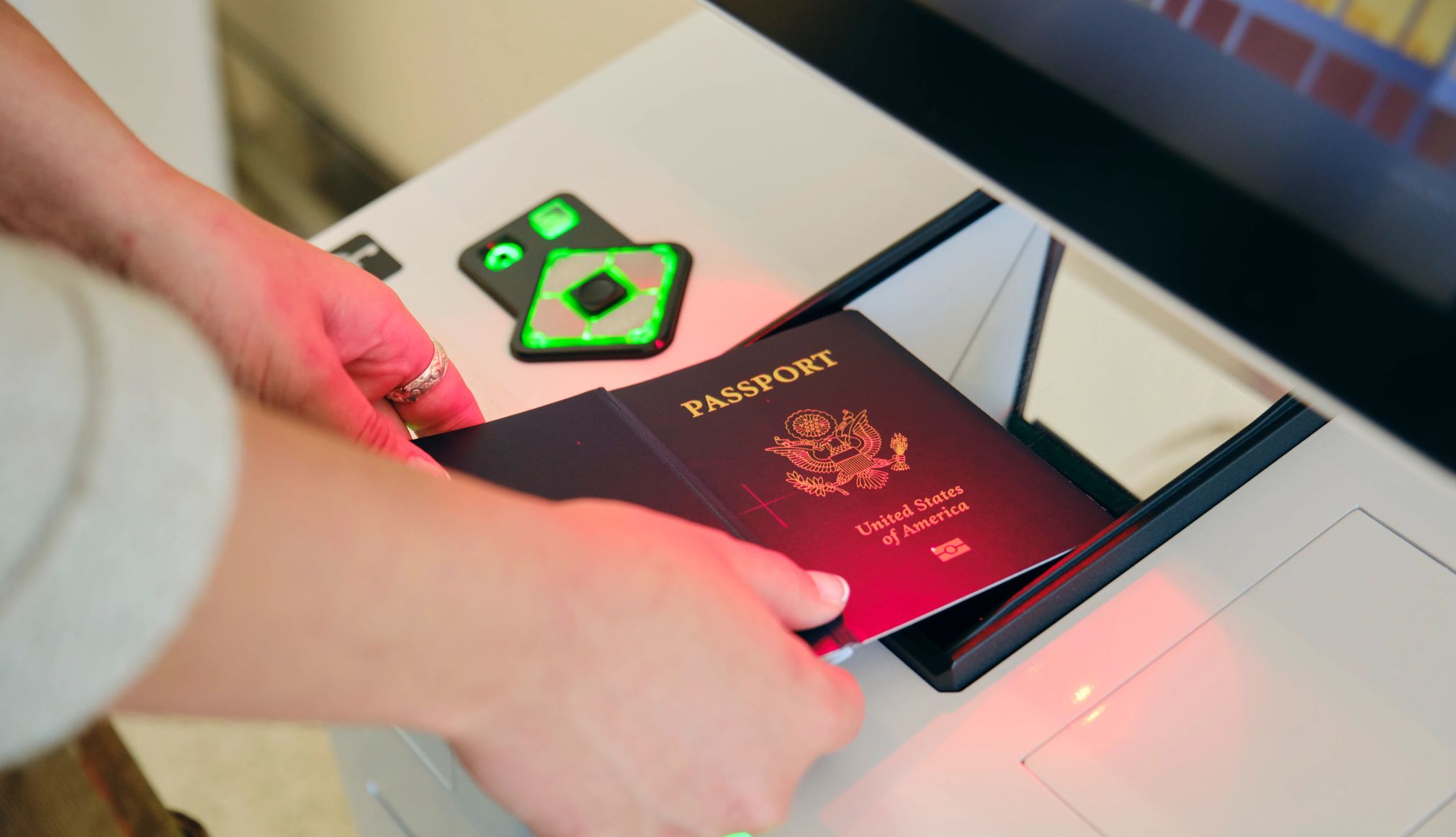AARP Hearing Center


The first two vaccines for RSV were federally approved in mid-2023, and since then roughly a quarter of the 60-plus population has rolled up their sleeves for one to reduce the risk of getting seriously sick from the common respiratory infection.
Often thought of as an illness that affects babies and kids, RSV, or respiratory syncytial virus, is “a really serious medical problem” among older adults, says Kawsar R. Talaat, M.D., an associate professor in the Department of International Health at the Johns Hopkins Bloomberg School of Public Health. And it’s one that’s poorly recognized, she adds, since historically there was no way to prevent or treat it, so there was less incentive to test for it.


AARP Membership— $12 for your first year when you sign up for Automatic Renewal
Get instant access to members-only products and hundreds of discounts, a free second membership, and a subscription to AARP the Magazine. Find out how much you could save in a year with a membership. Learn more.
Although we don’t have medications to treat the illness, like we do for flu and COVID-19, we have tools to help prevent it: three RSV vaccines for older adults, including one that gained approval from the Food and Drug Administration on May 31.
RSV vaccines: What are the options?
Two RSV vaccines for adults 60 and older were federally approved in 2023:
- Abrysvo, from Pfizer
- Arexvy, from GSK
The FDA approved a third vaccine May 31, 2024:
- mRESVIA, from Moderna
Moderna’s vaccine hasn’t been formally recommended by the CDC and its advisory committee, but it could get that stamp of approval in June.
“[These vaccines] will keep people out of the hospital and keep people alive,” Talaat says.
Here’s what we know about the side effects people have experienced after getting an RSV vaccine and what to expect if you get one.
RSV shot side effects
The common side effects of RSV vaccines that have been reported — in clinical trials and through the national Vaccine Adverse Event Reporting System (VAERS) — are similar to the common symptoms people experience after a flu shot or COVID-19 vaccine. They include:
- Injection site pain
- Fatigue
- Muscle pain
- Headache
- Joint stiffness/pain
- Nausea

































































More From AARP
Millions of Medicare Enrollees Receive Free Vaccines
Under prescription drug law, beneficiaries saved more than $400 million in out-of-pocket costs
How to Choose a Top-Notch Doctor as You Age
Physician Sharon Malone, author of ‘Grown Woman Talk,’ tells us what to consider when looking for the best care
Do You Have a Cold? The Flu? COVID? Or RSV?
A few tricks for telling the illnesses apart
Recommended for You